$GS $SPY $DJI
#GoldmanSachs #TrumpTariffs #Inflation #EconomicGrowth #RecessionRisk #TradeWar #USChinaTrade #MarketImpact #FederalReserve #MonetaryPolicy #StockMarket #EconomicAnalysis
The anticipation of new trade tariffs imposed by the Trump administration has sparked a wave of concern among economists and financial analysts. The Goldman Sachs economic team has projected a broad, negative impact on the economy, indicating a chain reaction that could impede growth, increase inflation, and heighten the risk of recession. These projections stem from the understanding that tariffs, especially broad-based tariffs aimed at multiple countries, disrupt global supply chains, increase costs for businesses and consumers, and ultimately slow economic progress. The imposition of such tariffs, according to Goldman Sachs, threatens to undermine the economic achievements and stability cultivated over the past few years.
The immediate aftermath of introducing these tariffs could see a sharp increase in the prices of imported goods and materials, contributing to higher inflation in the short term. This inflationary pressure would not only burden consumers but could also force the Federal Reserve to adjust its monetary policy more aggressively than planned. An increase in interest rates to combat inflation would further stunt economic growth by increasing borrowing costs for both individuals and businesses. This tightening of monetary policy, amid growing trade tensions, could feasibly deter investment and consumption, key drivers of economic expansion.
Furthermore, the market is expected to respond negatively to the uncertainty and geopolitical tensions fostered by trade disputes. Historically, markets have shown increased volatility in the face of uncertain trade policies, leading to a decrease in investor confidence and potential pullbacks in stock investments. The sectors most likely to be impacted include manufacturing and technology, which are heavily dependent on global supply chains. Companies within the S&P 500, particularly those with significant international exposure, could see their stocks underperform, as their operational costs rise and profit margins shrink. Implications for these developments are far-reaching, affecting not just the stock market but also the broader economy, potentially leading to job losses and a decrease in consumer spending.
Goldman Sachs’s analysis also points to a larger, more systemic concern: the risk of catalyzing a global economic slowdown. As trade tensions escalate, other nations may retaliate with their own tariffs, leading to a slowdown in global trade. Such a slowdown would have a ripple effect, impacting economies around the world and potentially precipitating a global recession. In this context, it is evident that the proposed tariffs represent not just a shift in U.S. trade policy but a potential catalyst for widespread economic disruption. The Goldman economic team’s analysis underscores the importance of carefully considering the wide-ranging impacts of trade policies on both the domestic and global economy.

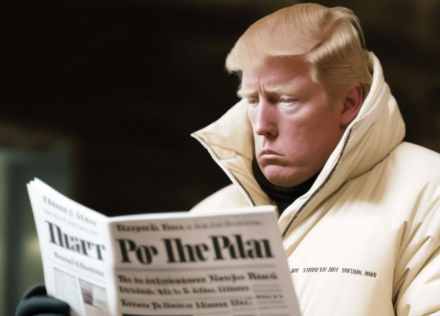
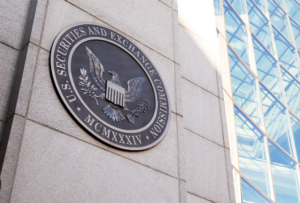

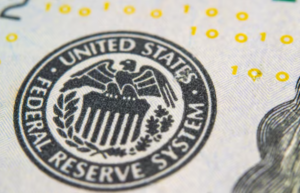
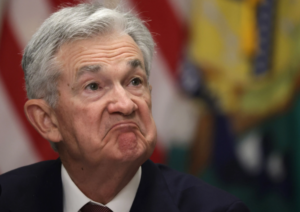
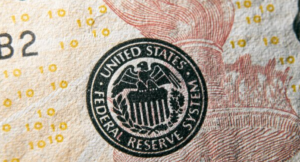
Comments are closed.